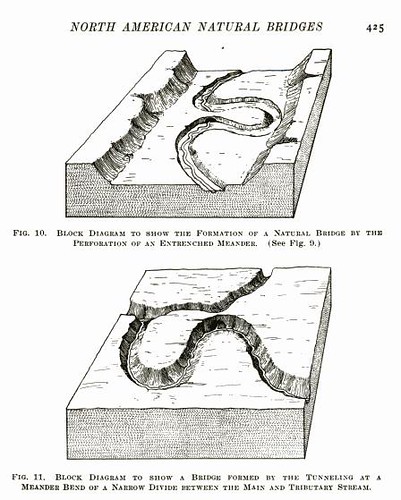Aaron Schmidt got a new cool job: Digital Initiatives Librarian for the District of Columbia Public Library. Sounds big and exciting. DC is really trying hard to dig themselves out of years of bad management and terrible funding crisises, it will be interesting to see if new people plus some infusion of new money can help with this. Congrats Aaron.
ALA’s Emily Sheketoff talks about library issues for the new administration
Emily Sheketoff is one of my favorite ALA employees to listen to. She always comes across as intelligent, sane and someone who has a deep and broad grasp of library issues in this new millenium including library technology issues. Here is a thirty minute interview with her on C-Span that aired a few weeks ago in which she talks abotu what some of the upcoming challenges will be for both libraries and the incoming administration in the coming years. I suggest you watch the entire thing.
Why is my Dad talking to me about the public library?
My Dad never goes to the public library. He buys his own books and is a little… fussy about public spaces. That said, when I go to visit him we talk about library issues because they’re interesting to me and he’s a techie and always curious how libraries seem to have gotten so much so wrong. He did talk to me about two library news items that I found interesting. One was the I Love My Librarian award winners which my Dad read about in the New York Times. The other was the Chelmsford High School Library’s Learning Commons project — which he read about in the Boston Globe — which provided an (incorrect) opening to say “Hey, my friend Brian is a librarian there! He has a blog!” I then got to prattle on about their town-wide history project which I’ve been meaning to blog about for a while. So, there it is, get your library in the paper get the retiree crowd curious about you.
Google’s scanning magazines…..
Google Books includes magazines now. Here’s an image from the May 1911 issue of Popular Science. Update: here’s a list of the magazines currently scanned and indexed.
a little more long-form reading
As I said previously, I’ve been reading more. One of the online things I’ve been reading has been the group library blog In the Library with the Lead Pipe. It’s a long-form blog by six authors that gets to go a little more in-depth into library issues than your average blog. Recent posts I’ve enjoyed include this look at the idea of universal catalogs and this look at how to make bibliographic instruction “sticky” (memorable). The thing I like abotu this blog is that in addition to having really good writing and heaps of links to more information, the authors actually comment on each other’s posts so that you get more of a sens eof the authors’ perspectives and also some built-in discussion at the end of nearly every essay. This is one of my favorite new blogs of 2008.
